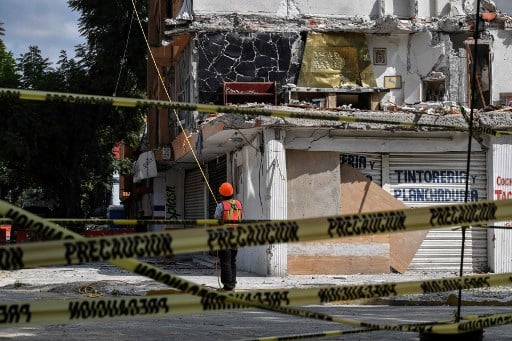In a statement on Friday, it said the industry’s total insured market losses from the hurricanes Harvey, Irma and Maria and the earthquakes in Mexico came to around $95 billion.
It comes a day after Swiss insurer Zurich Insurance said it expects to receive around $700 million in insurance claims related to hurricanes Harvey, Irma and Maria in the third quarter.
READ ALSO: Swiss insurer expects $700 million bill following autumn hurricanes
The estimates are subject to a higher than usual degree of uncertainty and may need to be subsequently adjusted as the claims assessment process continues, the world's second largest reinsurer said.
“The most recent natural catastrophes have been extremely powerful and we extend our sympathies to all those affected by these events,” said Group Chief Executive Officer Christian Mumenthaler.
“It is during these times that we demonstrate our differentiated value proposition and show the value of insurance and reinsurance to society.”
According to the statement, Swiss Re maintains a very strong capital position and high financial flexibility to support its clients' needs and respond to market developments.
The Swiss Re Group is a leading wholesale provider of reinsurance, insurance and other insurance-based forms of risk transfer.
Dealing direct and working through brokers, its global client base consists of insurance companies, mid-to-large-sized corporations and public sector clients.
Hurricane Harvey battered Texas and parts of Louisiana in late August, causing severe damage to property and bringing the country's fourth-largest city, Houston, to a standstill.
In September, Hurricane Irma struck the Florida Keys archipelago and Hurricane Maria slammed into Puerto Rico.



 Please whitelist us to continue reading.
Please whitelist us to continue reading.